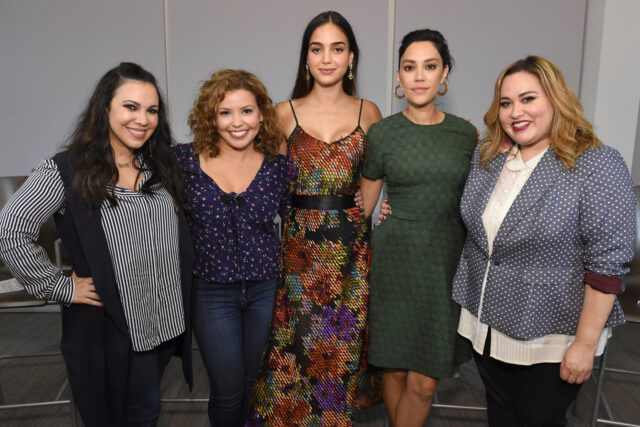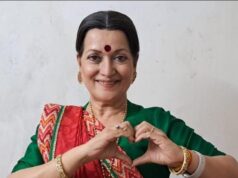According to USC’s Annenberg Inclusion Initiative, Latino actresses only receive less than 2% of major film parts. However, many who succeed also work as activists, producers, and directors.
One of the Latina powerhouses reshaping Hollywood is Rosie Perez. She made her big-screen debut in 1989 by dancing like a prizefighter during Do the Right Thing’s opening titles. She recalls how she came to be known: as a biochemistry major from college who sang on Soul Train. She met Spike Lee, a director, in a nightclub.
Lee used the Puertorriquean actress from Brooklyn in Do the Right Thing. She then went on to feature in the drama Fearless (1993), for which she received an Oscar nomination, and White Men Can’t Jump (1992). She appears in four different TV series right now, including The Flight Attendant. Perez claims that she declined offensive parts for a long time. She dismissed the agents who advised her to get a nose operation and lighten her hair.
Not only did Perez criticize Hollywood. She addressed racism in 2015 on The View, the talk program for which she served as the first Latina cohost. In the Latino neighborhoods, there is a secret, she claimed. “They never want to associate with individuals of color. That’s sad. It’s quite sad.”
Perez was a member of President Obama’s AIDS and HIV advisory group and denounced US weapons training in Puerto Rico. Perez co-hosts the Academy of Motion Picture Arts and Sciences’ Latino affinity group. We’re attempting to advance inclusivity in Hollywood’s front and back of the house, she says.
According to Ferrera, a lack of confidence has been one of the biggest political obstacles for Latinas. When you don’t see yourself mirrored in the cultural scene, she adds, it’s hardly unexpected.







